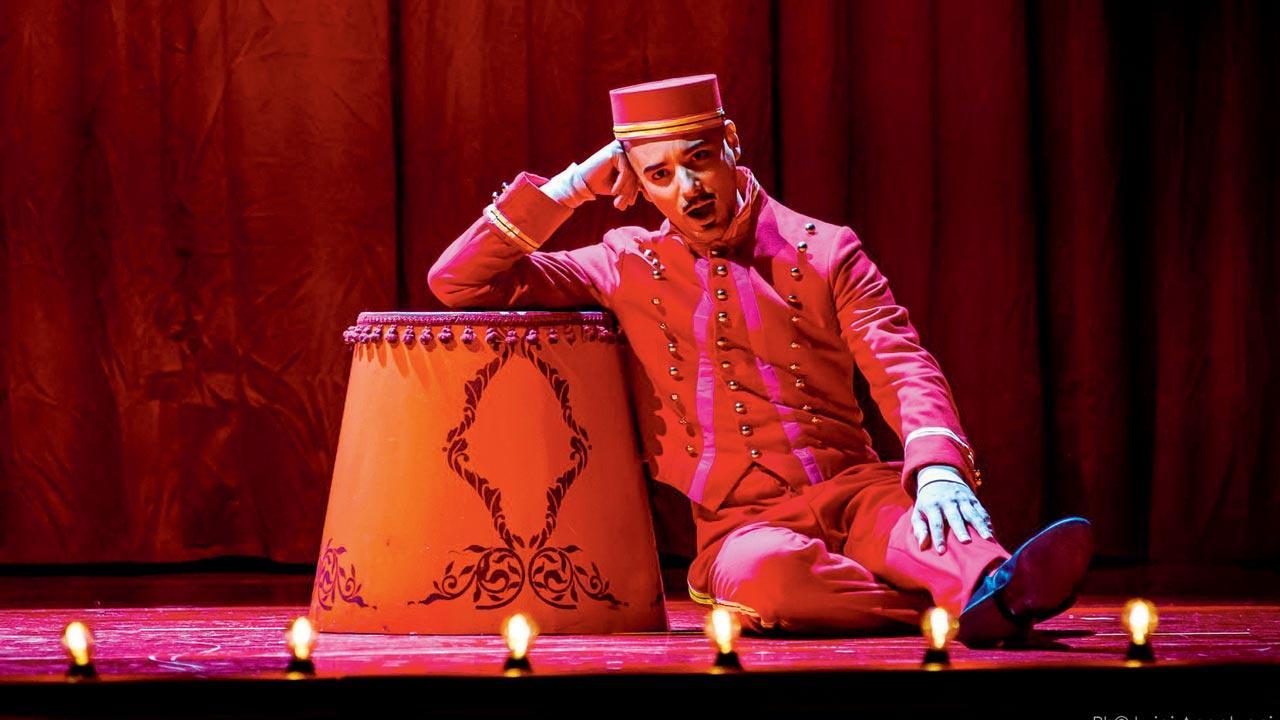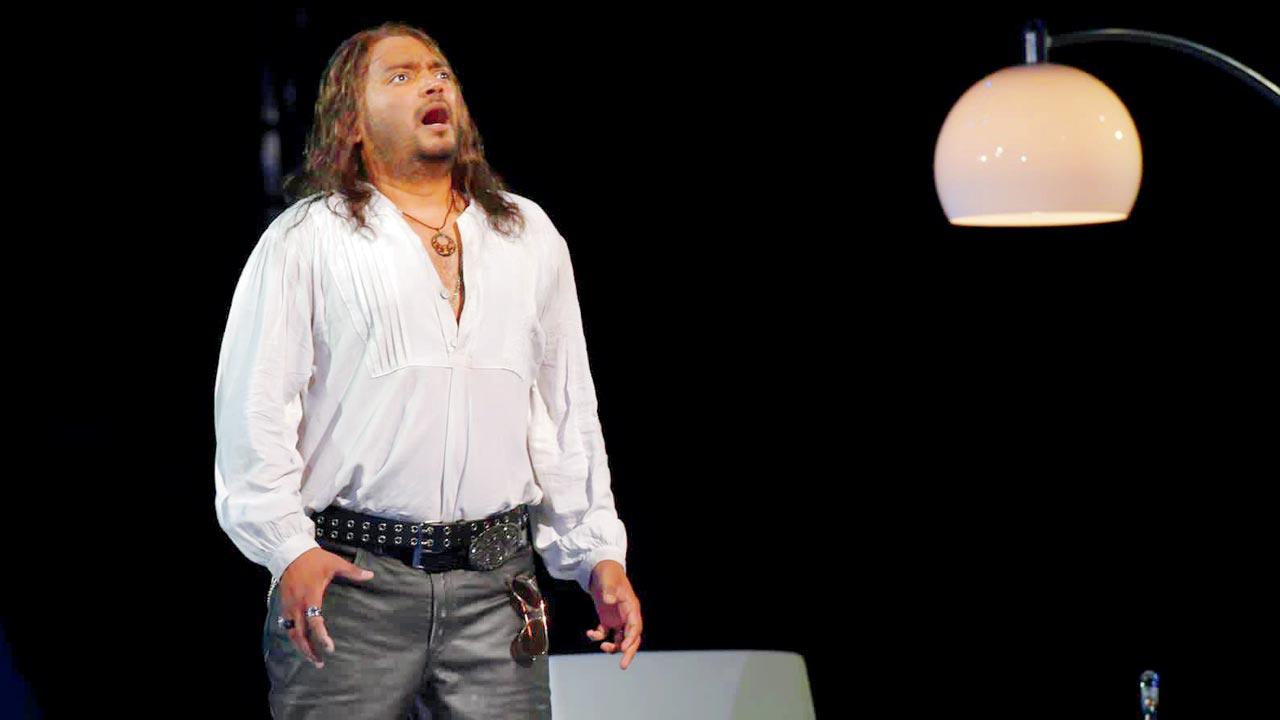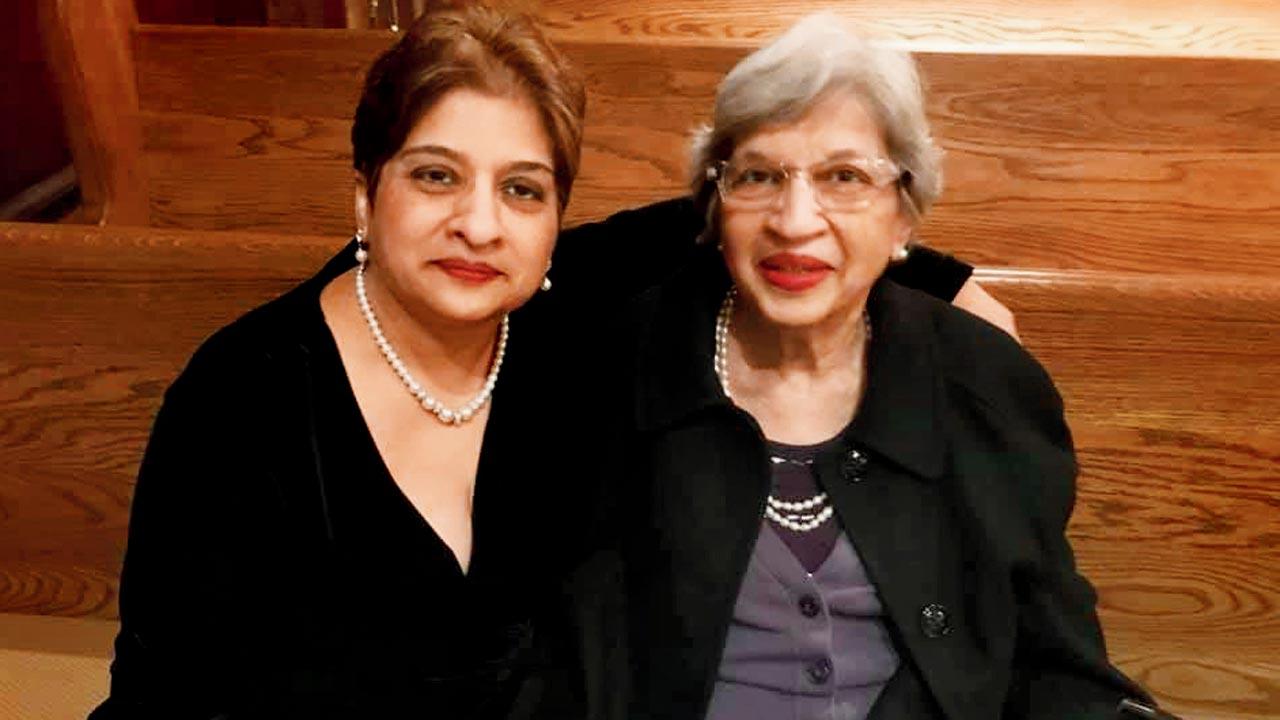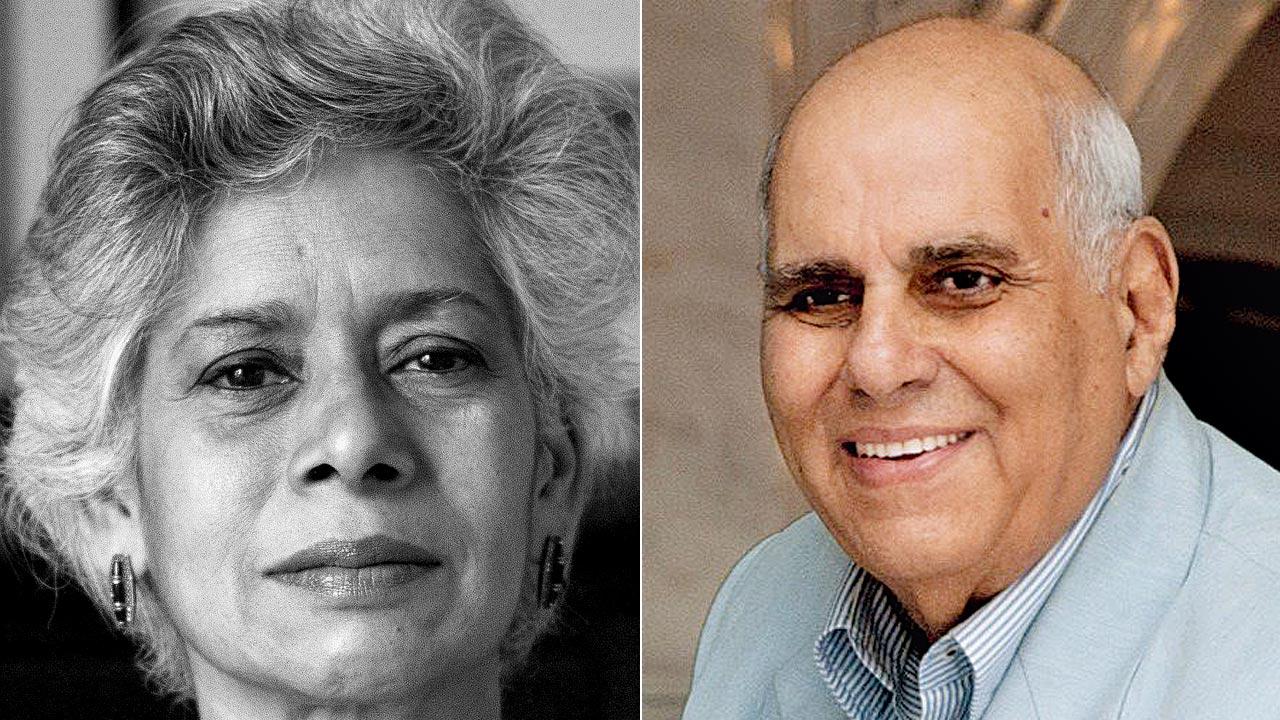As the opera world’s most prestigious competition comes to Mumbai, we ask whether it will change the fate of the art form, which suffers from a dearth of talent and funding in the country

Indian tenor, Shanul Sharma, as Lindoro in L’italiana in Algeri. He is currently rehearsing in Germany and will appear as MK Gandhi in Hannover State Opera’s production of Philip Glass’s Satyagraha later this year
It was in Dilwale Dulhaniya Le Jayenge, where Shah Rukh Khan made a mess of an opera performance, that Indian audiences discovered a comical trope. Then, Aamir Khan made fun of the fat opera singer in Dil Chahta Hai and we haven’t really managed to make amends till date. Unlike the West, opera singing in India has been reduced to the silly cliché of high-pitched singing that leads to a glass shattering.
ADVERTISEMENT
It’s surprising then, that the most prestigious competition for operatic singing, Operalia, is being hosted by the National Centre for the Performing Arts (NCPA) in Mumbai. The only Indian talent to grace the stage will be a baritone, Darwin Prakash. Born and raised in Delhi, Prakash says he is more excited than nervous about being the only Indian participant. He says he first found out that the competition is going to be hosted in Mumbai through an Instagram notification, and was restless till he applied. “I have been studying opera for the last 10 years, and I know there is a shortage of Indian talent in the industry. It’s a niche, there’s not a vast audience.” Prakash had an interest in singing, since he was young—he would sing in the choir at church and school, and later even tried acapella and beat-boxing. He attended free lessons for operatic singing at the Neemrana Foundation in Delhi, where a teacher recognised his talents and raised funds for higher education in music in the UK.
 Darwin Prakash is the only Indian who will take to the stage at Operalia, which is being hosted by the NCPA
Darwin Prakash is the only Indian who will take to the stage at Operalia, which is being hosted by the NCPA
Other Indian’s have trained in operatic singing as well, but like Prakash, have chosen to settle abroad and succeeded in their opera careers. Some examples include Mumbai-born Patricia Rozario, a popular soprano based in London and the co-founder of Giving Voice Society and professor of singing at the Royal College of Music and Trinity Laban. Amar Muchhala, too, was raised in Mumbai before he moved to the US to study business but eventually became a tenor who has made it big, and now resides in London. Another Indian tenor, Shanul Sharma, is currently rehearsing in Germany and will appear as MK Gandhi in Hannover State Opera’s production of Philip Glass’ Satyagraha later this year. He has previously been nominated for Outstanding Performance in a Lead Role for his portrayal of Gandhi for Opera Australia at the Green Room Awards 2024. There is more Indian talent in opera beyond these names, but you could count them on your fingers.
The reason for the dearth of Indian opera talent is obvious. “We already have a rich culture of our own,” says Shanul Sharma, adding that the vast exposure to Indian classical music or film music naturally takes precedence in India. “I am a big fan of Michael Jackson and I grew up listening to Daler Mehendi. Later, I was part of a heavy metal band after I moved to Australia to study IT, and it’s all because my father told me I should continue singing. Then I heard Luciano Pavarotti, a famous tenor, sing an aria [a solo song for a singer in an opera]. That was it for me,” says Sharma recalling his first exposure to operatic singing. Muchhala says his experience was similar—he had trained in Hindustani classical music before, but had not been exposed to opera.
 Amar Muchhala was raised in Mumbai before he moved to the US to study business but eventually became a tenor who has made it big, and now resides in London
Amar Muchhala was raised in Mumbai before he moved to the US to study business but eventually became a tenor who has made it big, and now resides in London
It’s also because of the dearth of opportunities. Muchhala says, “There’s a reason why we are in the West.” Rozario, who often comes to India to seek talent and has produced an all-Indian opera previously, says, “You know, we still look to the foreigners. And we want them to come and sing. And I say, why not have our youngsters and make sure they’re doing well? And that will give them the confidence to do better with every next performance.” She adds, “So, I think opera is a very good idea. It’s a very good way to open a lot of people’s eyes and ears to the reality of the opera.” Rozario explains that training needs to be improved. While there have been opera voice trainers in India, the number has not been high. Celia Lobo was a popular teacher based in Mumbai, but she unfortunately passed in June this year. Her daughter Deidre Lobo, who is also an operatic singer says, “I’m sure if opera is coming to India, Celia will be all smiles from above.” Sharma, on the other hand, thinks there is a gap that needs filled. “If opera is Indianised in some way, it could increase interest.”
 Celia (right) and Deidre Lobo
Celia (right) and Deidre Lobo
So, with Operalia being hosted at the NCPA, does this mean Indians are growing an ear for opera? Khushroo Suntook, chairman of NCPA says, “I think opera is quite like Bollywood. We have showcased seven to eight operas at the NCPA which have sold out. Operas are appeal to Indians because they can be quite dramatic.” Then why hasn’t India seen more of them? Suntook adds that the reason why opera has not grown is because the audience usually is seeking stars, and those productions are expensive to bring to India.
 Patricia Rozario and Khushroo Suntook
Patricia Rozario and Khushroo Suntook
It would then seem that the shortage of Indian talent paired with the lack of funding for the art form are key reasons why opera has never found a stronghold in the country. Then why is Operalia coming to India? “I think India is getting attention. It’s a global player now. With NMACC and other such venues, our cities will attract this attention. Besides, if it can happen in Europe, why not in India?” asks Muchhala. But he doubts that it will do much for the art form in India or make money. Sharma is more optimistic, “Art has a way of finding its way through crevices.”
Also Read: Zubin Mehta in Mumbai: My life conducting orchestra is like a molten lava, it never stops
 Subscribe today by clicking the link and stay updated with the latest news!" Click here!
Subscribe today by clicking the link and stay updated with the latest news!" Click here!







